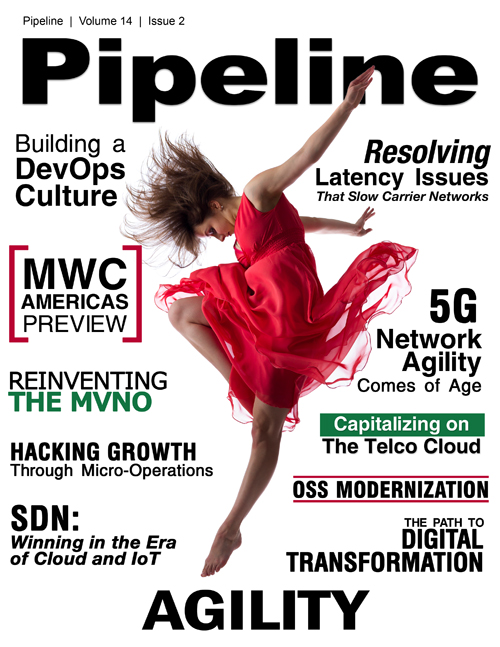The DevOps Culture In Telecom: Integrating Development and Operations
The goal is continuous integration, delivery, release, and deployment. Continuous everything. And, as written earlier this year in the Ericsson Technology Review, the DevOps approach balances the competing desires of rapid change and stability, and has an important role to play in the rise of 5G. With an ultra-fast time-to-market expectation, widely distributed resources, and sky-high service quality demands, 5G is a challenge that requires the sort of massive culture shift that DevOps proposes.
Can that shift be done in a world of communications giants never before known for their progressive, malleable culture or business approaches? Ross Clanton thinks so.
“Culture is the most important aspect of DevOps transformation, but I don't think cultural challenges are unique to CSPs,” Clanton said. “Verizon absolutely has the desire to make DevOps work at a large scale and we are investing in the cultural changes needed to ensure it is successful.”
These efforts, Clanton notes, include “events and activities inside the company as well as those externally to focus on strengthening our tech community, building stronger collaboration and sharing horizontally across the company.”
These cultural shifts are important, but it’s important to note that one of the more tangible elements of the DevOps approach is a massive effort to automate processes. A recent blog post by Don Jones of PluralSight notes that “obsessive automation” is one of the telltale signs that you are on a real DevOps team.
“They know that the job of DevOps is to provide the smoothest, safest, fastest and most reliable path between the developers’ keyboards and a production deployment,” Jones writes, “so that each new coding sprint can quickly result in a tested production deployment.”
Automation is the key to smoothing out that path, and in many ways, that automation can be its own reward. Even without the broader culture shifts that DevOps culture brings about, the automation alone can increase efficiency and reduce time-to-market. The automation that the DevOps push brings about is a net gain, even if the wider culture shift proves untenable.
Are we at a stage where we can be justified in declaring it so? Ross Clanton and the Verizon team don’t seem to think so. And judging by a quick scan of the job boards, the hiring departments at nearly every major carrier don’t seem to think so.
With significant DevOps adoption currently underway, we will be able to see just whether these big organizations can learn to really bend.




















